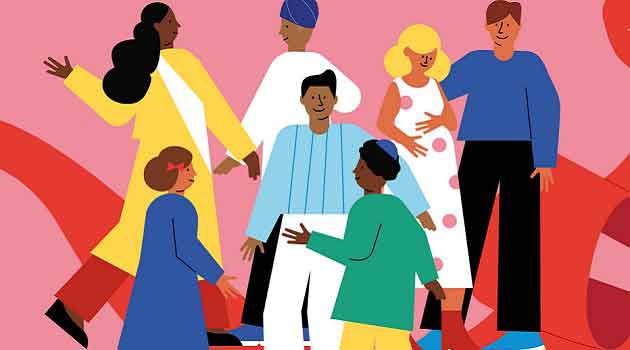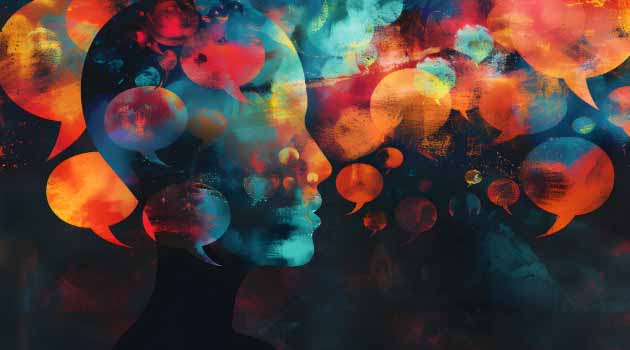Forty years since the first AIDS cases were reported, a stark warning has been issued that if leaders fail to tackle inequalities the world could face 7.7 million AIDS-related deaths over the next 10 years.
The United Nations Programme on HIV/AIDS (UNAIDS) warned this week that if the transformative measures needed to end AIDS are not taken, the world will also stay trapped in the COVID-19 crisis and remain dangerously unprepared for the pandemics to come.
“This is an urgent call to action,” said UNAIDS Executive Director Winnie Byanyima. “Progress against the AIDS pandemic, which was already off track, is now under even greater strain as the COVID-19 crisis continues to rage, disrupting HIV prevention and treatment services, schooling, violence-prevention programmes and more. We cannot be forced to choose between ending the AIDS pandemic today and preparing for the pandemics of tomorrow. The only successful approach will achieve both. As of now, we are not on track to achieve either.”

AIDS affects millions of people worldwide. It is a deadly disease that leads to severe damage to the immune system. It has grave consequences on a person’s health and is accompanied by a social stigma against the people suffering from this disease.
World AIDS Day, observed each year on December 1, is an opportunity for people worldwide to unite in the fight against the disease.
This is important because our society is often apprehensive about integrating such people within itself. The ignorance and insensitivity of communities result in the marginalization and isolation of these patients.
We can spread awareness about the myths and misconceptions related to AIDS by educating people around us. Some of the myths associated with HIV/AIDS are:
- AIDS and HIV are not the same. HIV stands for Human Immunodeficiency Virus and affects the white blood cells in the immune system. AIDS stands for Acquired Immune Deficiency Syndrome and is an umbrella term for the illnesses that are caused as a result of untreated HIV for years. Every person who has AIDS has HIV, but not every person with HIV will develop AIDS.
- HIV is transmitted through body fluids like blood, semen, vaginal fluid, anal mucous, and breastmilk, not by touching, hugging, or kissing.
- HIV/AIDS is not a death sentence as patients can have long productive lives with proper care and treatment.
- HIV positive people can have children. If a pregnant woman takes medicine regularly according to her prescription and the baby is given medicines after birth, the risk of transmitting HIV to the baby can be as low as 1% or less.
- HIV is not transmittable via insects and pets. It cannot survive in insects and pets due to different genetic makeup compared to the DNA of humans.
Societies must facilitate the construction of proper healthcare infrastructure for people affected by AIDS. Families, communities, and healthcare providers should be educated about the causes and effects of AIDS.
This World AIDS Day let us pledge to take steps towards the integration of people affected by AIDS into our communities. Without bold action against inequalities, the world risks missing the targets to end AIDS by 2030.









